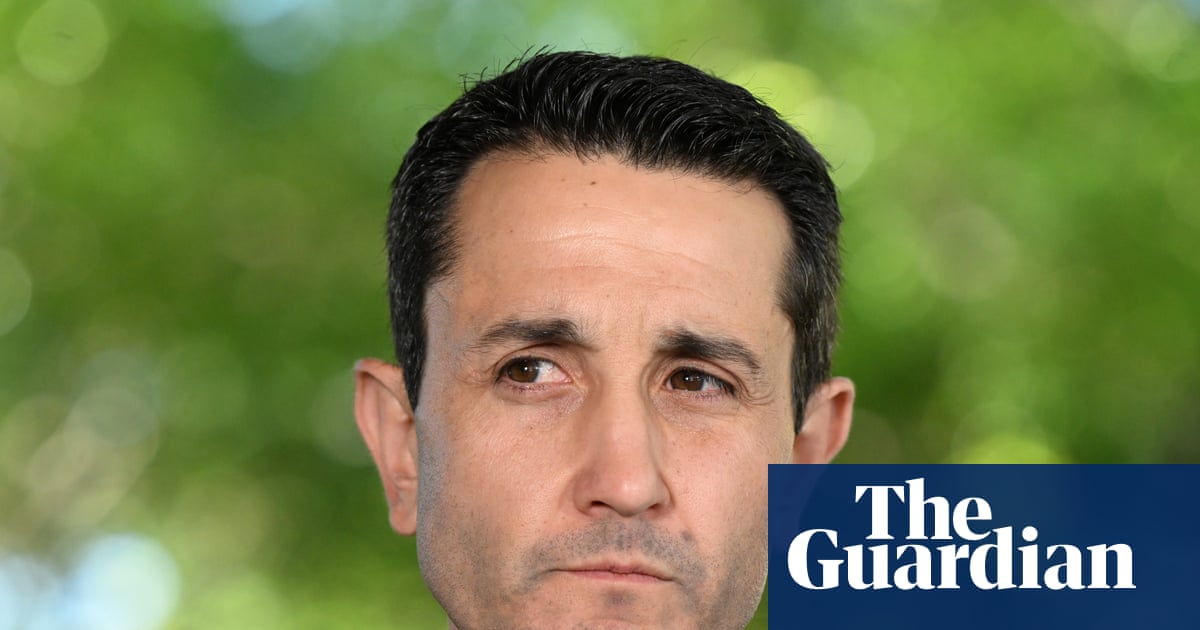
Queensland Government Stands Firm on Coal Royalties Policy
The Queensland Premier has ruled out any revisions to the state’s controversial coal royalties scheme despite mounting pressure from the mining industry. Often labeled the world’s highest, the policy has sparked considerable debate since its introduction in 2022. At a press conference in Emerald, central Queensland, David Crisafulli reiterated, “We’re not changing that scheme. We’ve been upfront. I said to you clearly before the election, we aren’t touching the royalty regime.”
Background and Revenue Impact
The policy, introduced during a period of high coal prices, has led to significant revenues for Queensland. In its first year, the coal royalties system generated over $10 billion for the state’s budget. Under the current framework, mining companies are charged royalty rates based on coal prices: 20% for prices above $175/tonne, 30% for prices above $225/tonne, and 40% above $300/tonne. Comparatively, royalty rates in states like New South Wales stand as low as 8.8%.
As coal prices declined, so too has revenue, rekindling criticism from the sector. Janette Hewson, CEO of the Queensland Resources Council, expressed disappointment, stating, “Around a quarter of Queensland coal companies are struggling to break even. The world’s highest coal royalty tax rates is a bad policy contributing to that.”
Industry Concerns and Opposition
Queensland’s resources sector has fiercely opposed the royalties scheme, arguing that it discourages investment and contributes to mine closures. Companies like Bowen Coking Coal and Coronado Coal point to the levy as a significant factor in their financial struggles, with Coronado reporting a $73 million loss last week.
Despite these claims, the Queensland Treasury remains firm, arguing that royalties have minimal impact on profits. Conservationists like Charlie Cox from Queensland Conservation counter the industry’s narrative, stating, “The problem isn’t a policy that puts just some of the money back in Queenslanders’ pockets; the problem is continuing to recklessly dig, burn, and export a fossil fuel that is exacerbating the cost-of-living crisis and accelerating climate change.”
The Premier’s Vision for the Coal Industry
David Crisafulli assured the press in Emerald that the coal industry’s future in Queensland is secure under his government. “We believe in the future of the coal industry. We believe in the future of regional Queensland, and with the confidence that we are giving through the certainty of taxation, regulation, and approvals, you are going to see a bright future for the industry,” he said. As one of Australia’s most coal-reliant towns, Emerald has approximately 16.6% of its workforce employed in coal mining, making this assurance especially significant for local communities.
Analyzing Broader Implications
While the coal industry’s future remains a contentious issue, many conservation advocates suggest embracing renewable energy alternatives. As the shift toward sustainable solutions grows globally, communities dependent on fossil fuels may need strategic efforts to diversify their economies.
Recommended Product Mention
For those keeping track of environmental progress and industrial developments, the Apple iPad is a perfect tool for accessing the latest news, reports, and data on-the-go. Whether you’re reading updates or analyzing trends, it’s the ideal companion for professionals and enthusiasts alike.



